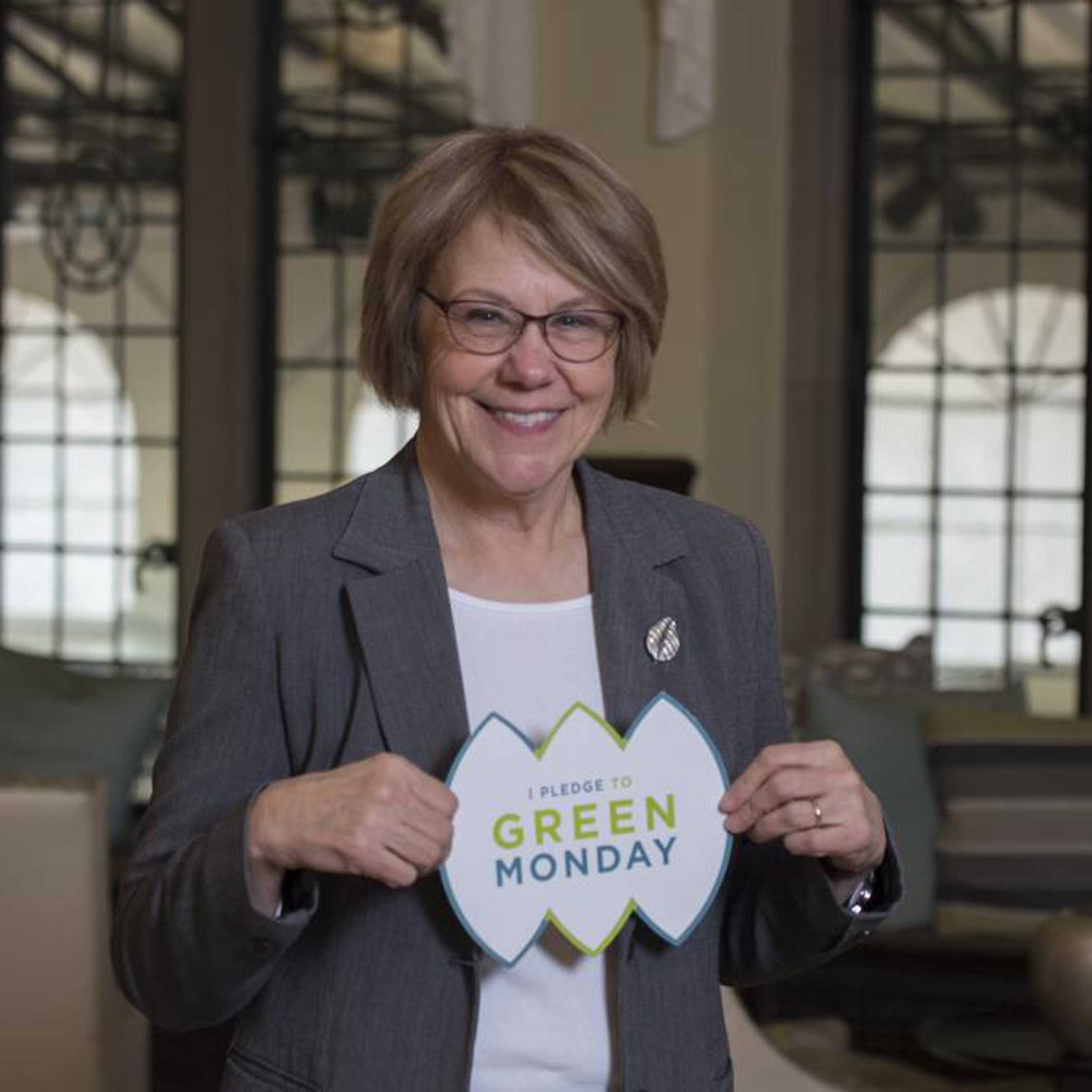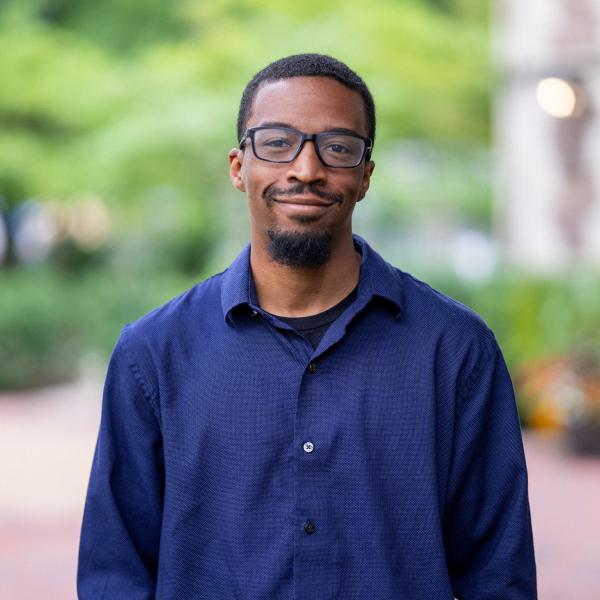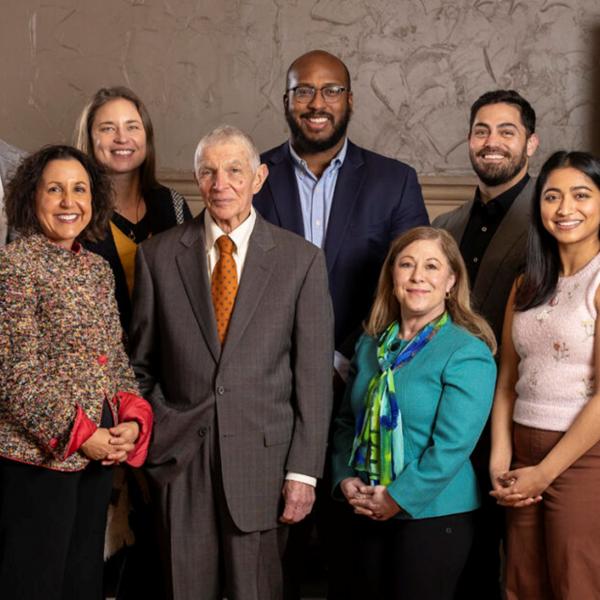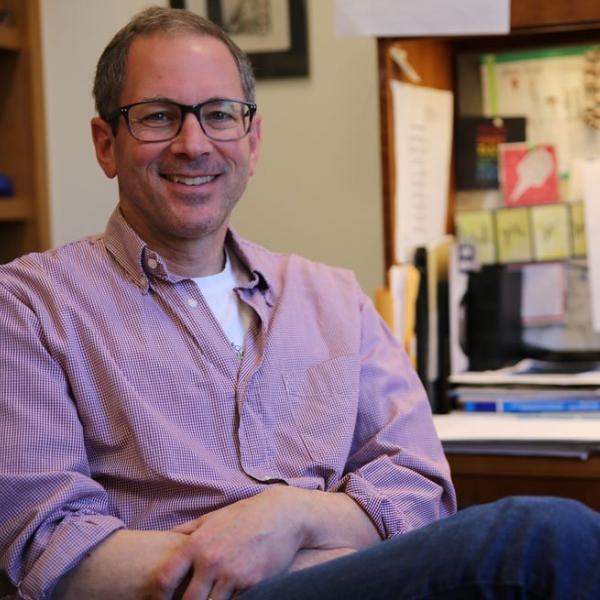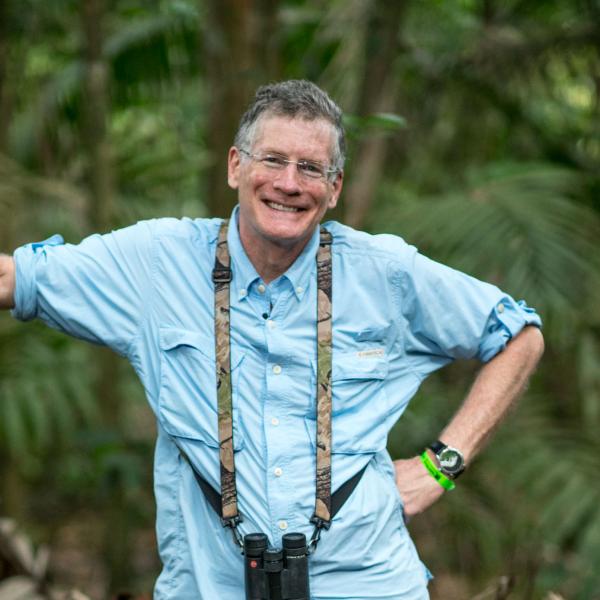Barbara Schaal, Mary Dell Chilton Distinguished Professor of Biology, was among the first plant scientists to use molecular biology-based approaches to understand evolutionary processes in plants.
Schaal’s family emigrated from Germany when she was three years old. She grew up in the Chicago area and completed her undergrad at University of Illinois-Chicago, followed by her PhD from Yale. She was always fascinated by science and has been growing and loving plants since she was a young child.
Schaal is happy to be back in the biology department after serving as dean of the faculty of Arts & Sciences from 2013 to 2020, where she oversaw all academic, financial, and administrative aspects of Arts & Sciences. She was responsible for 42 buildings, over 700 faculty, and thousands of students, sometimes working more than 70 hours a week. Between her role as dean and her service in Washington, DC, she was unable to continue teaching and maintaining a research lab.
Now, she is delighted to have a more manageable schedule and to be teaching undergraduate students again. She taught her new course Science for Agriculture and Environmental Policy for the first time in fall 2021.
“As dean, I found it very interesting to deal with the central administration and larger university issues, but it feels really good to be teaching again. I want to share what I’ve learned from doing so much work in Washington, DC. I had a wonderful class of students in my new Science for Policy course last semester. Since it was taught over Zoom, we were able to have people from DC come in virtually and talk with the class,” Schaal remarked.
Her course focuses on the biological science behind policies for climate change and agricultural practice, as well as the role of various organizations in providing science for policy. The class has multiple objectives. One is to show students that accomplished people can have many different viewpoints on any kind of issue where policy is involved.
“Students are getting an education on how scientific research informs policy as well as career advice from professionals who have years of experience in the field. For example, Marcia McNutt, an oceanographer and NAVY SEALs Underwater Demolition Expert, is now president of the National Academy of Sciences. She advised students to sharpen their critical reading skills, stay informed on different viewpoints, and to guard their reputations,” Schaal explained.
Another objective is teaching students how to provide scientific advice to policymakers. Last semester’s course featured outside speakers from Missouri Science and Technology Policy Initiative (MOST), American Association for Advancement of Science (AAAS), and National Academy of Sciences (NAS).
MOST is a group that provides straight science with no political objective to inform state level environmental policy. Former executive director of AAAS, Alan Leshner, talked about how AAAS worked on national policy by taking a political stance. Then Holden Thorpe, Editor in Chief of AAAS’s Science magazine, took that political stance further by talking to the class out about his editorial on former President Trump. The incredible diversity of highly experienced and accomplished people brought some real life perspective to the course that was very engaging for students.
Schaal also teaches Plants, People, and the Environment, which introduces basic plant biology, the role of plants in natural ecosystems, and the various uses of plants in both traditional cultures and in developed countries. She has not taught the course for many years and plans to revise all of the course material to reflect current times. The revamped course will be offered for the first time in fall 2022.
Schaal’s advice to undergrads? Take a variety of courses to broaden your horizons, learn to write clearly and succinctly in all capacities, and never get discouraged. One of the biggest challenges she sees with undergrads is that they are passionately concerned about the environment and have a sense of urgency for action, but they wonder how they will be able to keep their spirits up and stay mentally healthy in the face of the daunting tasks ahead.
“You must keep in mind that no individual is going to stop climate change. It takes a group effort. If everybody does their part, it makes a huge difference. So be satisfied that you're a cog in a very important wheel,” Schaal advised.

